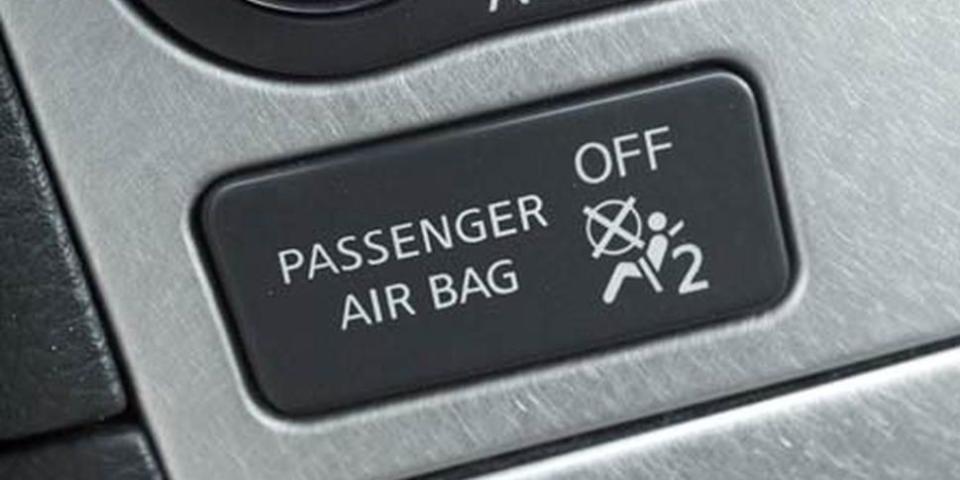NHTSA Investigating 12 Million Cars for Non-Deploying Airbags

Airbags and seatbelt pretensioners may not function in a crash due to faulty electrical signals entering the airbag computer, according to a NHTSA investigation.
While it's not a recall, the investigation covers more than 12 million cars between the 2010 and 2019 model years.
The investigation is not related to the Takata recalls.
As many as 12.3 million late-model cars may have defective airbags that won't deploy in a crash, and as records indicate, at least eight people may have died as a result.
An ongoing investigation by the National Highway Traffic Safety Administration into airbag control units manufactured by ZF-TRW found evidence of two crashes involving 2018 and 2019 Toyota models in which their airbags did not deploy. One person died, which has prompted NHTSA to gather crash data from all automakers that installed these particular airbag computers on their cars between the 2010 and 2019 model years, including Fiat Chrysler, Honda, Hyundai, Kia, Mitsubishi, and Toyota.
Stray electrical signals entering the car's wiring between its crash sensors and the airbag control unit can disable or damage the control unit due to "electrical overstress." The frontal airbags, side airbags, and seatbelt pretensioners are all potentially affected by the computer failure. Since opening the investigation in March 2018 after learning of six crashes involving Hyundai and Kia models where the airbags did not deploy-leading to four deaths and six injuries in those cars-NHTSA has found that certain cars use varying levels of signal protection to prevent this from happening.
After those crashes, Hyundai and Kia recalled more than 1 million cars between February and June 2018. NHTSA said these cars used the "lowest levels of [circuit] protection" while Hyundai and Kia models outside the recall had "higher levels of protection." In September 2016, FCA recalled 1.4 million cars for the same problem after at least three people died and another five were injured in crashes. NHTSA said that the FCA vehicles under recall used a "midlevel" circuit protection and that these defects had only occurred so far in FCA models with sensor wiring harnesses routed across the front of the vehicles.
The potential defect is not related to the Takata airbag inflator recall in which the airbags deploy and shoot shrapnel into the driver's face. The investigation, which does not include every FCA, Hyundai, or Kia model previously recalled, does not necessarily preclude a new recall nor does it assume that a defect exists. But the likelihood is high that it does. Here are the cars currently included in the investigation:
Acura
2012–2014 TSX, TSX sport wagon, and TL; 2015–2017 TLX; 2014–2019 RLX (including hybrid)
Dodge
2010–2011 Nitro
Fiat
2012–2019 500
Honda
2012–2014 Ridgeline; 2012–2015 Civic (including natural gas and hybrid); 2012–2016 CR-V; 2012–2017 Fit and Fit EV; 2013–2015 Accord (including hybrid)
Hyundai
2013–2019 Sonata (including hybrid)
Jeep
2010–2012 Liberty; 2010–2018 Wrangler; 2015–2017 Compass and Patriot
Kia
2012–2016 Optima Hybrid; 2013 Forte and Forte Koup; 2013–2019 Optima; 2014 Sedona
Mitsubishi
2013 Outlander; 2013–2017 Lancer (including Evolution, Ralliart, and Sportback)
Ram
2009–2012 Ram 1500; 2010–2012 Ram 2500 and 3500; 2011–2012 Ram 4500 and 5500
Toyota
2011–2013 Corolla Matrix; 2011–2019 Corolla; 2012–2017 Sequoia and Tundra; 2012–2018 Avalon (including hybrid); 2012–2019 Tacoma
('You Might Also Like',)

 Yahoo Autos
Yahoo Autos 